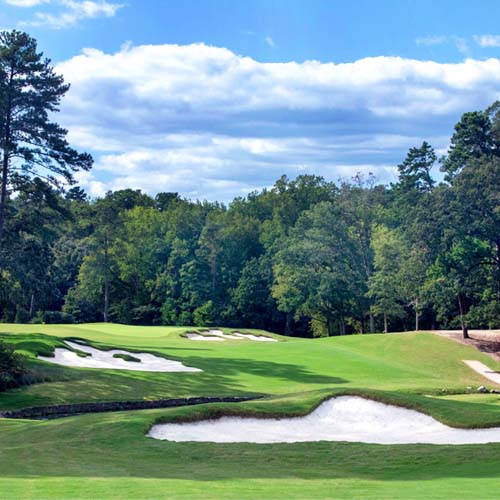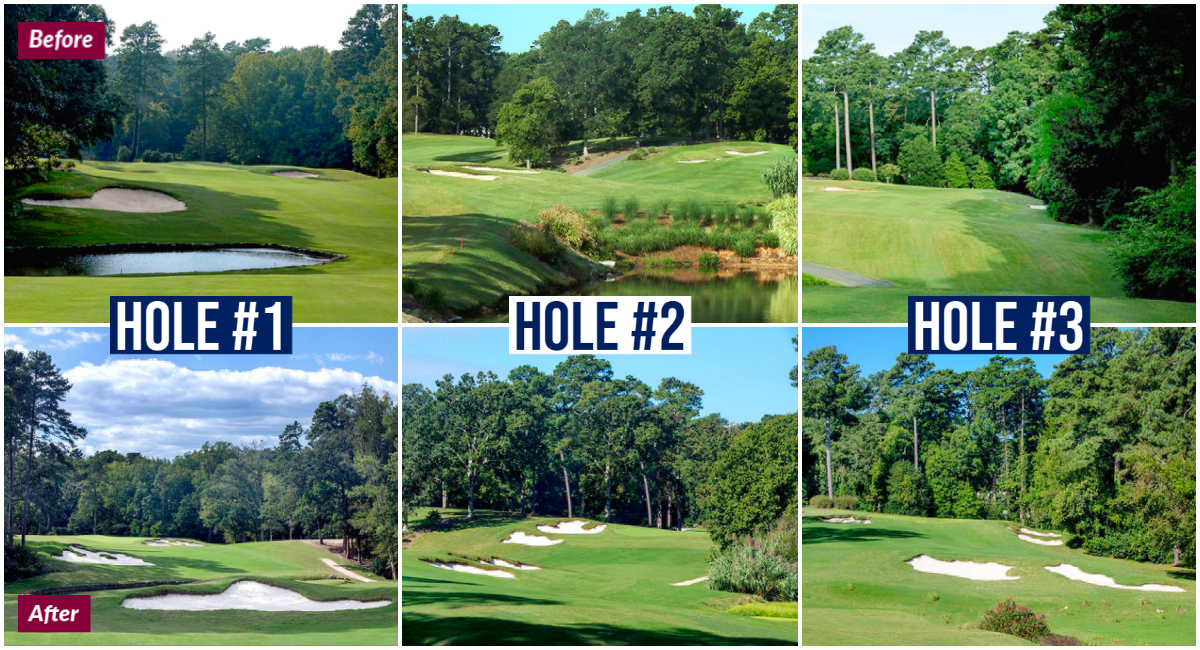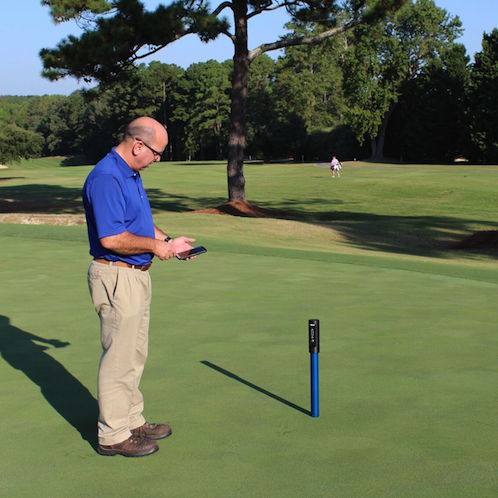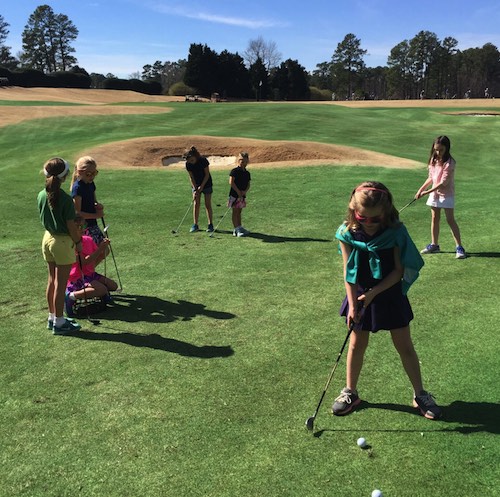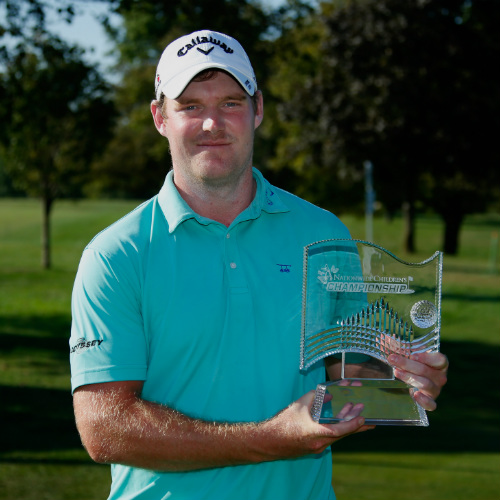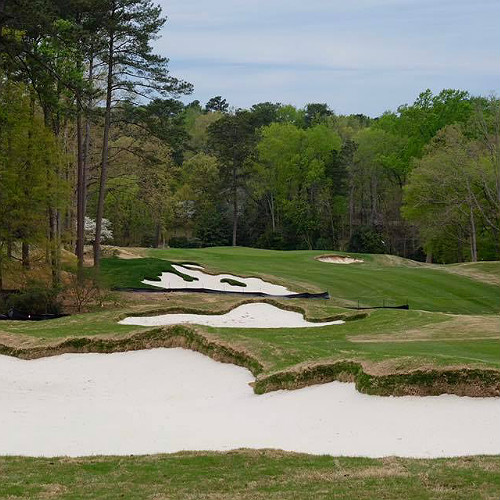
The final design of Donald Ross returns to its roots under the watchful eye of architect Kyle Franz.
Golf course architect Kyle Franz is overseeing an extensive restoration at Raleigh Country Club. Franz played a key role in creating several of the most innovative and acclaimed courses built in the last decades, while also helping enact the restoration plans of several classic courses. That list includes a pair of North Carolina-based Ross designs: the highly profiled restoration of Pinehurst No. 2, where Franz assisted Bill Coore & Ben Crenshaw prior to the 2014 U.S Opens, as well as his 2013 restoration work at Mid Pines Inn & Golf Club, which garnered “Best U.S Resort Renovation of the Year.”
RCC closed the golf course at the beginning of February and the plan is to reopen in early October. McConnell Golf estimates the cost of the project cost to be approximately $5 million.
In a letter to the Raleigh Country Club membership, John McConnell said the focus of the project is to produce an improved course for all levels of players.
“Many different ideas were discussed and reviewed with the architect, contractors and our staff to finally get to a design that was in our budget, would be a major improvement for the course and member play, and would benefit maintenance and turf conditions going forward,” McConnell wrote. “I believe that the plan being implemented keeps the integrity of the course that Donald Ross first designed and built, but allows more challenges for the long-hitting players in vogue today.”
In mid-January, McConnell and Franz presented RCC members an early project preview. Among the RCC course enhancements:
- A new irrigation system will be installed to improve course conditions.
- Greens will be enlarged for more pin locations and improved strategic shot making. They will remain bent grass.
- New tee boxes will be constructed to both extend course yardage (to more than 7,200 yards) and benefit female, junior and senior golfers.
- New bunkers are being added for greater visuals and improved play, as well as improved drainage. The course will go from 56 bunkers to 78.
- Approximately 350 trees are being removed.
- Some of the cart paths are being rerouted or removed substantially to give the course an even more natural feeling on how the land lies.
- Native grasses will be planted during the next few years to give the course a very dramatic look.
“Our goal is always to create a member-focused club that is not overcrowded on our fairways or at the pool, and we will manage to that plan,” McConnell said. “Our architect has developed this plan with much attention to detail and has been on property numerous times to ensure that Donald Ross’s last gem will be elevated to a whole new level.”
There are no member assessments as this project is funded entirely by McConnell Golf. “We are all partners and together we can achieve greatness for our long-term club enjoyment and golfing activities,” McConnell said. “It is our belief that after the renovation we will have the premier golfing venue in the region and applications for membership will increase.”
While the RCC golf course is closed, the club’s practice facility will remain open. The golf shop is providing members with numerous reciprocal opportunities at local clubs, including all McConnell Golf locations. In addition, McConnell Golf announced that while the golf course is closed, the 12-round for cart fee limit at other McConnell Golf courses is waived.
“This year offers the perfect excuse to travel out of town and play some of the other fantastic courses in our portfolio that you may not have enjoyed before,” McConnell wrote in his letter to the membership.
Read More
